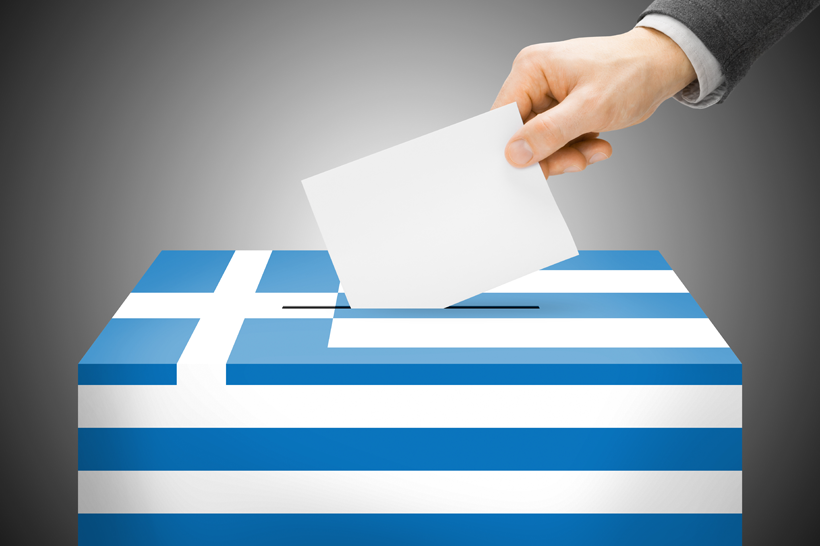In Greece, national elections were held on Sunday, May 21, under the proportional representation system introduced in 2016. 60.92% of the electorate participated in the elections, which resulted in an abstention rate of about 39%, slightly lower than the previous elections in 2019 when abstention reached 43% of the electorate.
Results
The conservative New Democracy party, which had already been governing autonomously for the last four years, received 40.79% of the vote and won 146 seats, maintaining – and increasing by 200,000 – the number of votes it had received in 2019. SYRIZA fell to 20.07% compared to the 31.53% it received in the previous elections and now holds 71 seats. PASOK, the Greek socialist party, increased its share to 11.46% compared to 8.10% in the previous elections and won 41 seats. It should be noted that this was the first election with the new socialist President, Nikos Androulakis. The Communist Party of Greece also increased its percentage to 7.23% and won 26 seats, compared to 5.30% in the previous elections. The far-right party, Hellenic Solution, also increased its share, receiving 4.45% of the vote and 16 seats compared to the 3.70% it received in 2019. The MeRA25 Alliance for the Rupture received 2.62% of the vote – compared to 3.44% in 2019 – and failed to enter parliament.
Government formation
Under the proportional representation system, the first party or a combination of parties needs to garner an electoral share of close to 50% and 151 seats in order to be able to govern. Yesterday, the President of New Democracy, Kyriakos Mitsotakis, said that he will probably not seek alliances but will move strategically fast towards the next election date (probably on the 25th of June), which will be held with enhanced proportional representation, in order to confirm the broadly enhanced and autonomous majority of his party. Today, he has already received a mandate to form a government, and developments will be rapid in the coming days.
Electoral trends
Based on the results and despite the enormous challenges faced by the Greek people, such as the pandemic, the consequences of the war, the energy stock market, privatization, the devaluation of public goods (health, education, public transport, information, etc.), police terrorism, and the arms race, factions expressing maintenance and far-right politics have risen in Greece. At the same time, the Communist Party achieved a rise in support and rallied against anti-people’s measures. The socialist party halted the downward slide it experienced during several elections, while the MeRA25 partnership with People’s Unity and some other left-wing non-aligned forces failed to convince as the main opposition discourse.










